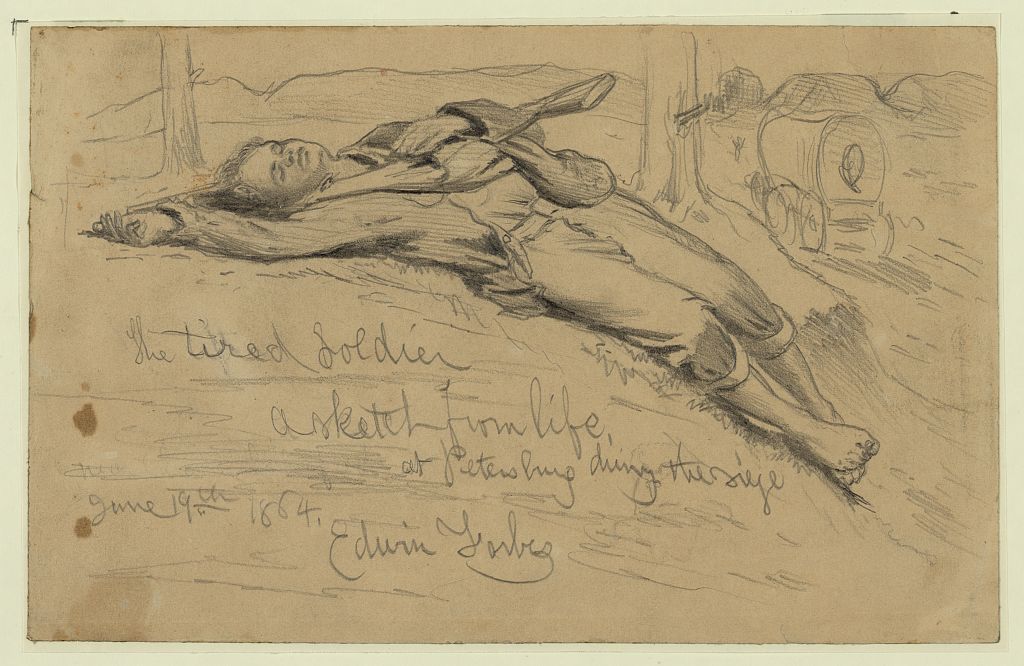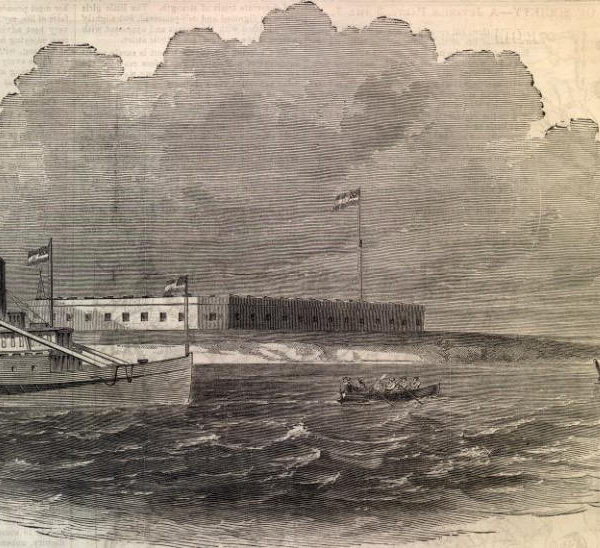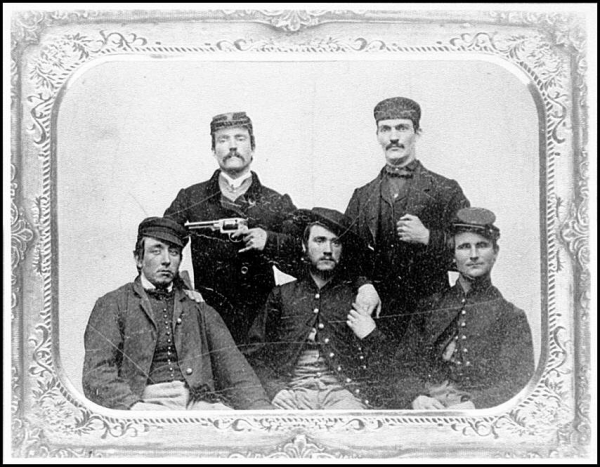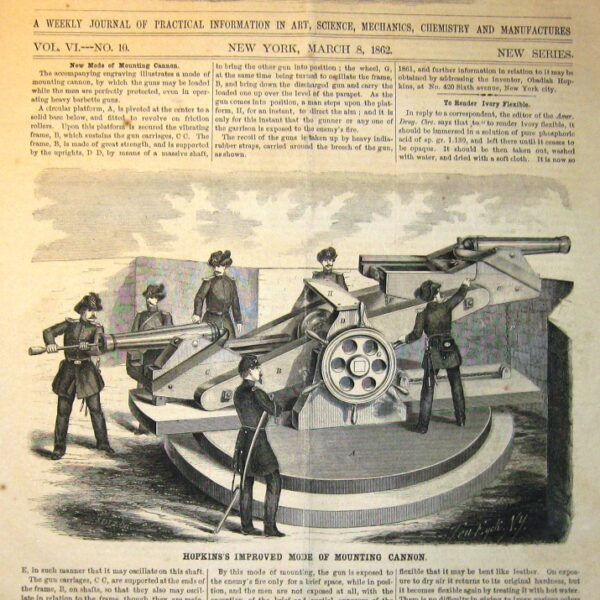
As a chemist by training and profession (for 25-plus years), I consult journals and other literature on almost a daily basis. As a scientist in the pharmaceutical industry, one of my favorite tools is PubMed, a service of the National Library of Medicine and the National Institutes of Health, which contains keyword-searchable access to bibliographic information, abstracts, and/or full-text for millions of articles from several thousand medical and scientific journals.
Several years ago, on a lark, I entered the phrase “Civil War” as a keyword and was amazed at the number of references that were returned. As PubMed carries citations as far back as the 1950s, there was definitely some “dated” material. But what was most interesting was that there was a good amount of current research on medicine in the Civil War, including new looks at old cases, biographies, and more.
Civil War medicine was already one of my special interests by then, and I was certainly aware of classics such as Doctors in Blue and Doctors in Gray; I had never thought, however, to consult the current issue of the Journal of Urology!
A small sample of relevant publications in just the past year includes (with hyperlinks to the article abstracts):
Trombold JM, “Gangrene Therapy and Antisepsis before Lister: the Civil War Contributions of Middleton Goldsmith of Louisville,” Am Surg. 2011 Sep;77(9):1138-43.
Lande RG, “Felo De Se: Soldier Suicides in America’s Civil War,” Mil Med. 2011 May;176(5):531-6. (See also my own blog post on this interesting research here).
Watson JC, Ho SV, “Charles Edouard Brown-Séquard’s Departure from the Medical College of Virginia: Incompatible Science or Incompatible Social Views in pre-Civil War Southern United States,” World Neurosurg. 2011 May-Jun;75(5-6):750-3.
LaFauci LE, “Taking the (Southern) Waters: Science, Slavery, and Nationalism at the Virginia Springs,” Anthropol Med. 2011 Apr;18(1):7-22. (See my interview with Dr. Lauren LaFAuci here) and many more.
One of the more recent studies to appear (in just the past few weeks) is: Mackowiak PA, Billings FT 3rd, Wasserman SS, “Sleepless Vigilance: “Stonewall” Jackson and the Duty Hours Controversy,” Am J Med Sci. 2011 Dec 14. The authors are associated with the Medical Care Clinical Center, VA Maryland Health Care System and the Department of Medicine, University of Maryland School of Medicine, Baltimore, Maryland; the Louisiana Hematology Oncology Associates, Baton Rouge, Louisiana; and the Office of the Dean, University of Virginia School of Medicine, Charlottesville, Virginia. In the article, the authors examined “the effect of sleep deprivation on Jackson’s battle decisions in light of experimental data,” and adds a historical perspective to the modern study of the need for sleep and/or effects of sleep deprivation in the modern military. The authors describe Jackson’s sleep habits, his famous “night marches,” and offer an interesting statistical analysis of the quality of Jackson’s command decisions in battle based on his “sleep opportunities” prior to the engagements. They conclude (with due caution) that Jackson’s poor decisions resulted from sleep deprivation and mirror modern scientific medical studies which show that lack of sleep is associated with “decreased vigilance, deterioration in mood states, difficulty in concentrating and impaired learning and memory.”
It’s an interesting application of modern medical research to Civil War history! A retrospective study on the sleeping habits of the common soldier would also be interesting.
James M. Schmidt is the author or editor of three books on the Civil War. He is a biotech research scientist near Houston, Texas, and blogs at Civil War Medicine.
Image Credit: Library of Congress.
Related topics: medical care




